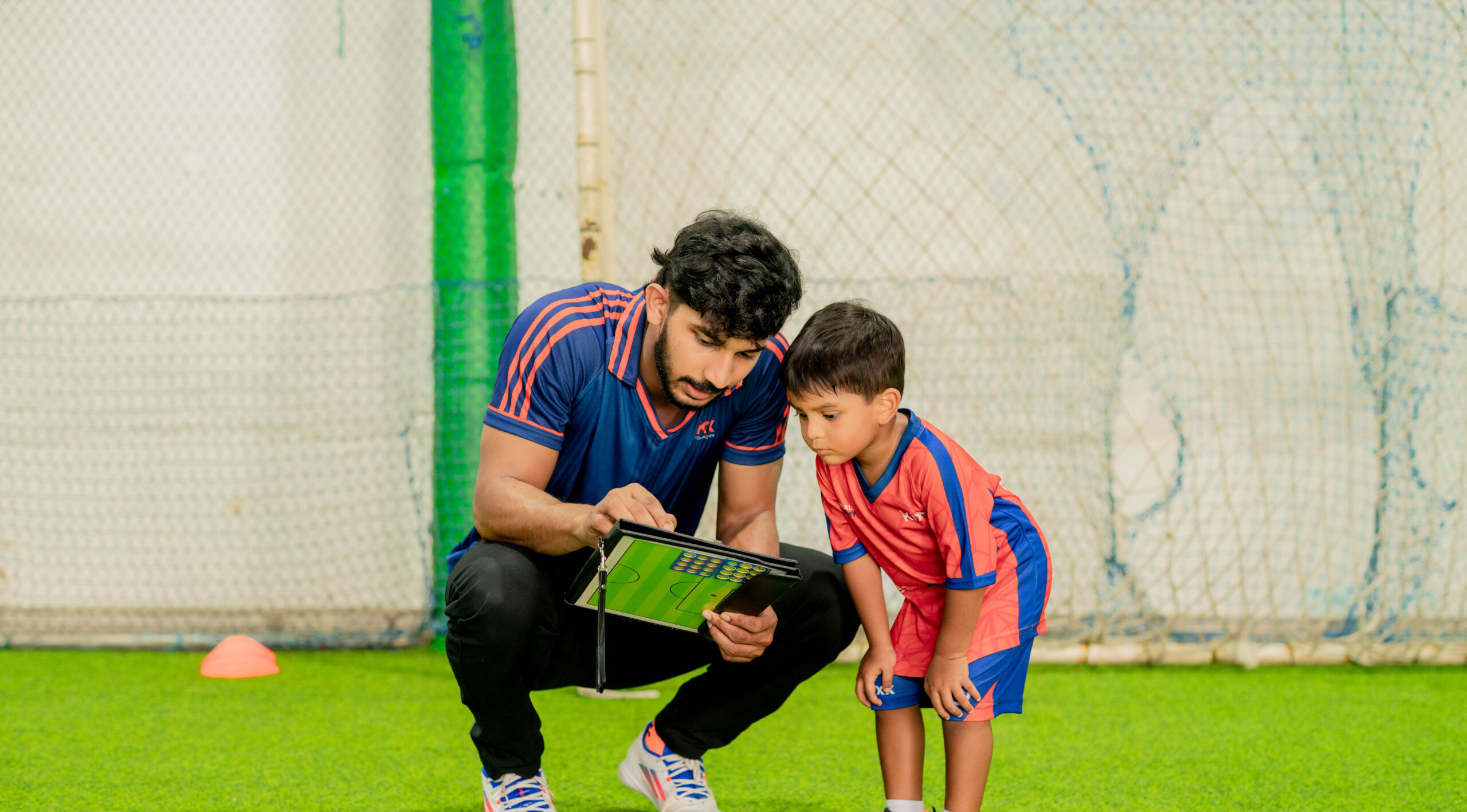Football is more than just kicking a ball—it requires a combination of skills, intelligence, and discipline to succeed. Whether you’re an aspiring player or a coach, understanding the six pillars of football can help in developing well-rounded athletes. These six areas contribute to both individual and team success, shaping a player into a complete footballer.
- Technical Skills
A player’s ability to control the ball is crucial. Dribbling, passing, shooting, first touch, and defensive skills form the foundation of effective play. Without strong technical skills, a player cannot execute tactical plans or contribute effectively to the team. Constant practice, repetition, and learning new techniques help players sharpen these essential skills.
- Tactical Awareness
Football is not just about individual skill—it’s a game of intelligence. Players must understand positioning, teamwork, game strategies, and how to read the game to make quick and effective decisions. Tactical awareness includes knowing when to press, when to hold possession, and how to exploit spaces on the field. Teams that master tactics often have the upper hand, even if they face physically superior opponents.
- Physical Conditioning
Endurance, speed, strength, and agility are essential for maintaining high performance throughout a match. Football is a physically demanding sport, and players must be in top shape to compete at their best. Stamina allows players to last 90 minutes, while speed and agility help them beat opponents in one-on-one situations. Strength also plays a role in shielding the ball, winning aerial duels, and resisting physical challenges from opponents.
- Psychological Strength
Football is as much a mental game as it is physical. Confidence, focus, emotional control, and the ability to handle pressure define successful players. Players must learn to stay composed in high-pressure situations, overcome setbacks, and remain motivated. A strong mindset allows players to push through difficult moments, handle criticism, and continuously improve their performance.
- Social & Communication Skills
Football is a team sport, and communication is key to success. Verbal instructions, body language, and teamwork create chemistry and unity among players. A player who communicates well can direct teammates, organize plays, and foster a positive team environment. Strong social skills also help players build trust with their coaches, teammates, and support staff, contributing to overall team morale.
- Nutrition & Recovery
A well-balanced diet, proper hydration, sufficient rest, and injury prevention techniques ensure players remain in peak condition and avoid long-term setbacks. Eating the right foods provides the energy needed for training and matches, while proper recovery methods, such as stretching, ice baths, and physiotherapy, help players stay fit and avoid injuries. Recovery is just as important as training, as it allows muscles to heal and grow stronger.
Conclusion
Mastering these six pillars helps players develop into complete footballers, ready to excel on and off the pitch. Football isn’t just about talent—it’s about dedication, discipline, and continuous improvement. By focusing on technical skills, tactical knowledge, physical fitness, mental strength, communication, and proper nutrition, players can maximize their potential and achieve success in the sport. Whether you’re a beginner or an experienced player, incorporating these pillars into your training will help you become a well-rounded footballer.


